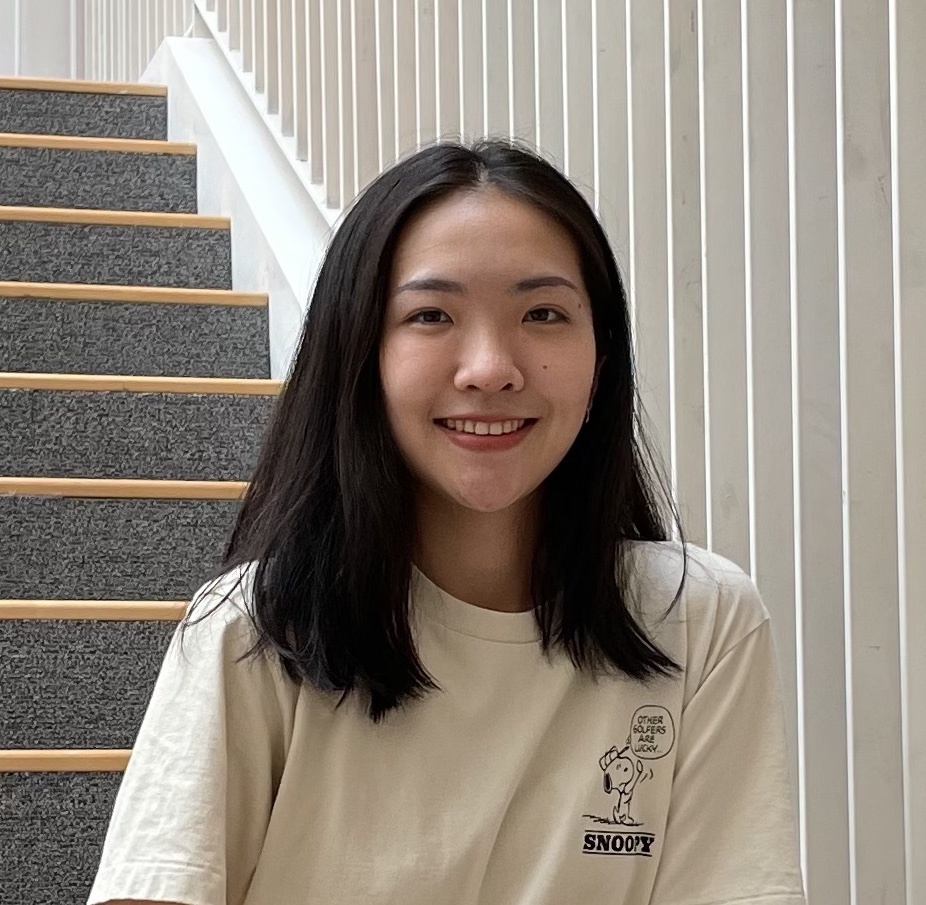Yongqi (Kay) Zhang ‘22 is understandably excited. She’s settling into her new apartment in a new city – Rogers, Arkansas – and she’s already entertaining thoughts about getting a dog.
In a few short days, the recent graduate of the Cornell Information Science master of professional studies (MPS) program will begin her career as a user experience (UX) designer for Tyson Foods.
“The MPS program is a preparation kit for a full-time career,” she said. “It gave me more skills and knowledge of UX design, provided project experiences that make for a good portfolio, and taught me how to network.”
Her path to Arkansas by way of Ithaca began in south China. There, she majored in computer science at the Chinese University of Hong Kong. Intent on pursuing a master’s degree in UX, Zhang went online to find the best programs and discovered Cornell Information Science’s leading MPS, a one-year professional master’s program where students receive elite education from tech leaders and, come graduation, stand out in the competitive job market. The program’s flexibility, its capstone projects with real companies, and UX being one of four optional focus areas available to students – all of it appealed to Zhang.“Other programs may have a set of required courses, and the selections are limited,” she said. But within Cornell’s MPS in information science, “you can choose a lot. Although I wanted to be a UX designer, it was also important to me to have other opportunities and possibilities to explore.”
In Spring 2022, she arrived at Cornell’s Ithaca campus with a firm plan for her year of MPS studies. She would take the bulk of her courses in the spring, ready her portfolio during the summer, and juggle a manageable course load while applying for jobs during her final fall semester. That’s precisely what Zhang did.
“I was prepared, and I felt I had plenty of time to do job searching [in the fall],” she said. “Having a plan is important.”
Not all of it was stress-free. Being an international student new to upstate New York, adjusting to speaking English regularly – these were tough adjustments for Zhang, who describes herself as shy. And during her job search, receiving rejection letters or no responses on applications was frustrating and demoralizing. Weekly meet-ups with friends from her local church helped her navigate these challenges.
“You need to have some activities to relieve stress,” said Zhang, when mulling advice to students. “I went to church and talked with people. Managing mental health is important.”
Zhang may have had a firm plan in place for her studies at Cornell, but there was enough space for pleasant surprises. She branched out from her information science courses and took electives in consumer behavior and entrepreneurship, both of which became favorites.
As for courses within the information science curriculum, she noted two that were particularly illuminating. Qualitative User Research and Design Methods (INFO 5400) – led by Gilly Leshed, senior lecturer in information science – bolstered her UX research skills. “Being a UX designer means being an effective UX researcher too,” she said.
Professional Career Development (INFO 5905) – led by Rebecca Salk, the MPS career advisor – readied Zhang for the job hunt, from preparing her portfolio and navigating interviews to effective networking.
For the program’s keystone project course, MPS Project Practicum (INFO 5900), Zhang and her teammates partnered with TISTA, a company specializing in providing IT services to federal, state, and local governments, to build a platform to support mental health among veterans.
“Having a complete project like that in my portfolio was helpful for my job interview,” she said. INFO 5900 “was more than just building the project; my teammates and I learned a lot about communication and the importance of interpersonal skills.”
To prospective students considering Cornell’s MPS program in information science, Zhang advised interested students to apply with clear career goals.
“Set your plan early,” she said, and “go for it.”
Connect with Kay Zhang on LinkedIn.
By Louis DiPietro, a writer for the Cornell Ann S. Bowers College of Computing and Information Science.





